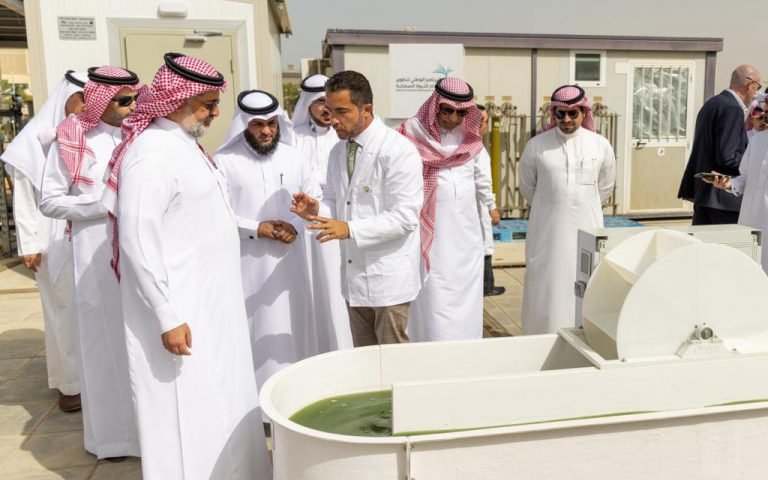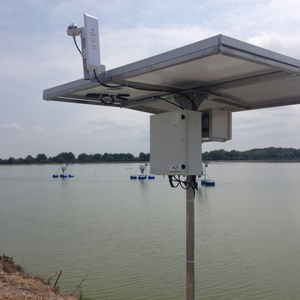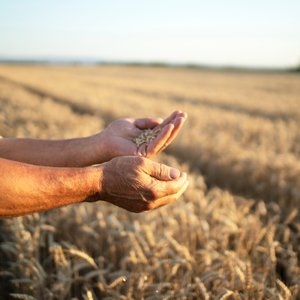Saudi Arabian King Abdullah University of Science and Technology (KAUST) will cooperate with the Ministry of Environment, Water, and Agriculture (MEWA) to deliver the “Development of Algal Biotechnology in the Kingdom of Saudi Arabia” (DABKSA). The project aims to develop technologies that produce animal feed in the country. The project, overseen by MEWA’s National Fisheries Development Program (NFDP) and located on the KAUST campus, is set to establish a sustainable feed industry in Saudi Arabia while opening new economic ventures for the aquaculture industry.
DABKSA will see the design, build and operation of a proof-of-concept algae plant at KAUST. This strategic project aligns with Vision 2030 and the Saudi Green Initiative’s focus on food security. Producing local raw materials for animal feed will enable the Kingdom to be less reliant on importing raw materials from abroad.
MEWA has engaged KAUST’s consultancy arm, Beacon Development, to develop the project. The facility is in the KAUST Research and Technology Park, an area that provides all the essential technical requirements and equipment to operate the facility.
“We’re extremely proud to announce the partnership between MEWA and KAUST that targets the localization of algae production in the Kingdom. This collaboration will result in major progress in this field, further delivering Saudi Arabia’s food security and sustainable future for generations to come,” said Kevin Cullen, vice president of KAUST Innovation.
Phase One of the project is currently under development, focusing on building and commissioning 870 m2 microalgae facilities. During this phase, microalgae biomass will be produced and incorporated as a raw material to feed animals, such as fish and poultry. The pilot-scale facilities will provide documented data on algae productivity during an entire year of operation. These production numbers will allow for a realistic life cycle and economics assessment while proving its use towards sustainability.
CEO of the National Fisheries Development Program, Ali Al Shaiki, stated that “this project is an extension of the concerted efforts undertaken by the Ministry in this field, starting with the algae roadmap developed by several local and international experts. The Ministry aligned with the major players in this field and financial resources were allocated to this project, a real turning point in algae production in Saudi Arabia.”













